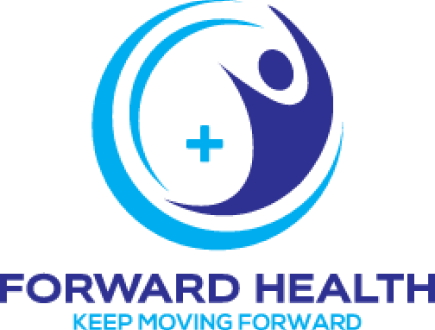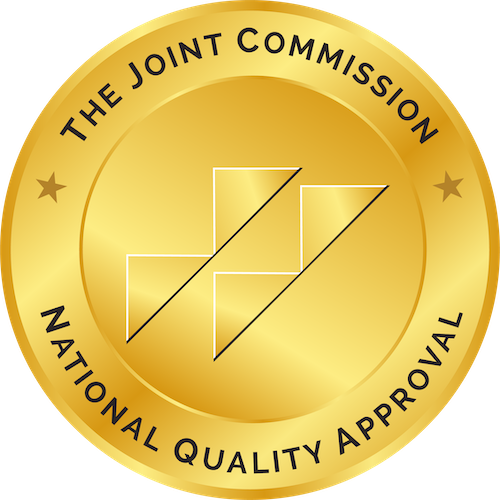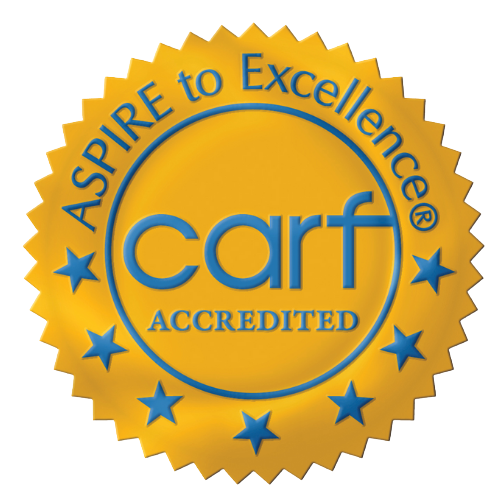Living with both a mental health condition and a substance use disorder can be overwhelming. The two often feed into each other, making it harder to find stability or take meaningful steps toward recovery. Forward Health’s dual diagnosis treatment in Columbus, OH is designed specifically for individuals facing these complex challenges. We offer a compassionate, integrated approach that addresses both issues at the same time—because true healing requires treating the whole person.
At Forward Health Ohio, we understand that no two recovery journeys are alike. That’s why we focus on personalized care plans that combine evidence-based therapies, peer support, and real-world skills to help you rebuild your life. Whether you’re dealing with depression and alcohol use, anxiety and opioid dependence, or another combination of mental health and substance use issues, our team is here to help you take the next step.
With outpatient flexibility, experienced professionals—many of whom are in recovery themselves—and a deep commitment to community reintegration, we provide more than just treatment. We offer hope, structure, and a path forward. When you’re ready, we’ll walk beside you.
What Is Dual Diagnosis?
Dual diagnosis, also known as co-occurring disorders, refers to the simultaneous presence of substance use disorders and mental health disorders. It’s common for individuals to experience these conditions together, complicating their recovery process.
Key Points About Dual Diagnosis:
- Interconnectedness: Mental health issues like depression or anxiety can lead to substance misuse as individuals seek relief. Conversely, substance use can exacerbate pre-existing mental health conditions.
- Impact on Recovery: Effective recovery requires addressing both the mental health and substance use symptoms simultaneously. Treating one without the other often hinders overall recovery progress.
Importance of Treatment Approach
Our facility emphasizes individualized treatment plans that take into account both aspects of dual diagnosis. By recognizing that these disorders interrelate, we create comprehensive care strategies aimed at long-term recovery.
For more details on dual diagnosis treatment options, explore our What We Treat page and learn how we can support you on your journey to recovery.
Why Dual Diagnosis Treatment Matters
Dual diagnosis treatment is crucial for effectively addressing the interconnected challenges of substance use disorders and mental health conditions. Treating both simultaneously leads to more sustainable recovery outcomes. When either condition goes untreated, one can exacerbate the other, making it increasingly difficult for you to achieve lasting sobriety.
- Complexity of Conditions: Individuals grappling with both mental health issues and addiction face unique obstacles. For instance, anxiety can lead to substance misuse as a coping mechanism, while untreated substance use can trigger or worsen mental health problems.
- Integrated Care: When you receive dual diagnosis treatment, our approach ensures that both your substance use disorder and mental health condition receive equal attention. This integrative method provides a more comprehensive understanding of your needs, fosters collaboration among treatment providers, and leads to better recovery rates.
- Long-term Recovery: Studies from trusted resources like SAMHSA emphasize the effectiveness of integrated treatment. By addressing both conditions at once, you build a more solid foundation for long-term recovery. When you treat one disorder without addressing the other, you might experience setbacks or relapse.
- Connection and Support: Support from professionals who understand your journey and fellow individuals facing similar challenges promotes healing. A strong support network reinforces your commitment to recovery and provides encouragement during difficult moments.
Prioritizing dual diagnosis treatment not only enhances your chance of recovery but also empowers you to rebuild a fulfilling life. You don’t have to navigate this journey alone; dedicated professionals are here to help every step of the way.
Signs and Symptoms of Co-Occurring Disorders
Identifying co-occurring disorders is essential for effective treatment. You might notice various behavioral, psychological, and physical symptoms that indicate a struggle with both mental health and substance use disorders. These symptoms can differ based on individual circumstances but often include:
- Behavioral Symptoms: Changes in social interactions, neglect of responsibilities, or increased secrecy about activities.
- Psychological Symptoms: Experiences like mood swings, anxiety, depression, or difficulty concentrating. You might find persistent feelings of hopelessness or overwhelming stress.
- Physical Symptoms: Noticeable changes in weight, disrupted sleep patterns, or neglect of personal hygiene. Chronic physical ailments can also surface due to substance misuse.
Awareness of these signs empowers you to seek help. The earlier you address these symptoms, the better your chances are for a successful recovery. Please reach out for guidance and support, as our team at Forward Health Ohio specializes in treating dual diagnosis.
Forward Health Ohio’s Approach to Dual Diagnosis Treatment in Columbus, OH
At Forward Health, we offer a personalized, client-centered approach to dual diagnosis treatment in Columbus. Our focus lies in addressing both co-occurring disorders—substance use and mental health issues—simultaneously. We recognize that a tailored strategy empowers you to reclaim control over your life and fosters lasting recovery.
Unique Aspects of Our Approach
- Staff with Lived Recovery Experience: Our dedicated team includes professionals who understand addiction and mental health struggles firsthand. This experience enhances empathy and connection, creating a supportive environment for your healing journey.
- Strong Community Reintegration Model: We emphasize integration into the community, which strengthens support systems and promotes recovery. This model encourages building connections and regaining the relationships that matter.
- Employment and Financial Skills: We equip you with skills essential for sustaining sobriety, including job readiness and financial management. Enabling you to manage personal and professional responsibilities fosters independence and stability.
- Accessibility through Telehealth and Insurance Acceptance: We offer flexible treatment options, including telehealth services, making it easier for you to access care. Our facility accepts most major insurances and Ohio Medicaid, reducing financial barriers to receiving necessary support.
If you’re ready to start your journey or seek more information, contact our admissions team today. Together, we’ll find the right path toward lasting recovery from dual diagnosis challenges.
Common Mental Health Conditions Treated in Dual Diagnosis Programs
Forward Health addresses a variety of mental health conditions that often occur alongside substance use disorders. Understanding these common co-occurring conditions is crucial for effective treatment planning and recovery.
ADHD and Substance Use
Attention Deficit Hyperactivity Disorder (ADHD) frequently coexists with substance use disorders. People with ADHD may turn to drugs or alcohol to manage their impulsivity or to self-medicate against feelings of restlessness. Our treatment programs at Forward Health Ohio integrate targeted therapies that address both ADHD symptoms and substance use, helping you develop healthier coping strategies.
Anxiety Disorders
Anxiety disorders, including generalized anxiety disorder and panic disorder, often lead individuals to seek relief through substance use. The cycle of anxiety and substance dependency creates significant challenges. Our dual diagnosis programs focus on evidence-based therapeutic approaches that treat anxiety while addressing substance use. With this integrated care, you can better manage your anxiety and work toward sustained sobriety.
Bipolar Disorder
Bipolar disorder poses unique challenges for those battling substance use. The manic episodes may lead to impulsive drug or alcohol use, while depressive episodes can exacerbate feelings of hopelessness. We specialize in treating bipolar disorder within our dual diagnosis framework, ensuring that you receive holistic, coordinated care to stabilize your mood and support your recovery journey.
Depression Disorders
Depression can significantly worsen substance use, creating a damaging feedback loop. Individuals struggling with depression might use substances to escape their feelings, which can lead to increased dependency. At Forward Health, our comprehensive treatment plans include therapies aimed at alleviating depressive symptoms while addressing addiction. You’ll find support through therapy that targets both conditions, promoting overall emotional well-being.
PTSD (Post-Traumatic Stress Disorder)
Post-Traumatic Stress Disorder often underlies substance abuse issues, as individuals with PTSD may use substances to numb traumatic memories and associated symptoms. Our trauma-informed care model acknowledges the importance of addressing trauma in recovery. We provide specialized therapies tailored for PTSD, helping you process your experiences while simultaneously supporting your path to sobriety.
Recognizing these co-occurring conditions enhances your understanding of the intertwined nature of mental health and substance use issues. At Forward Health, we commit to supporting you through targeted therapies that address both aspects of your health, empowering your journey toward recovery. For more information on our treatment options, visit our “What We Treat” page.
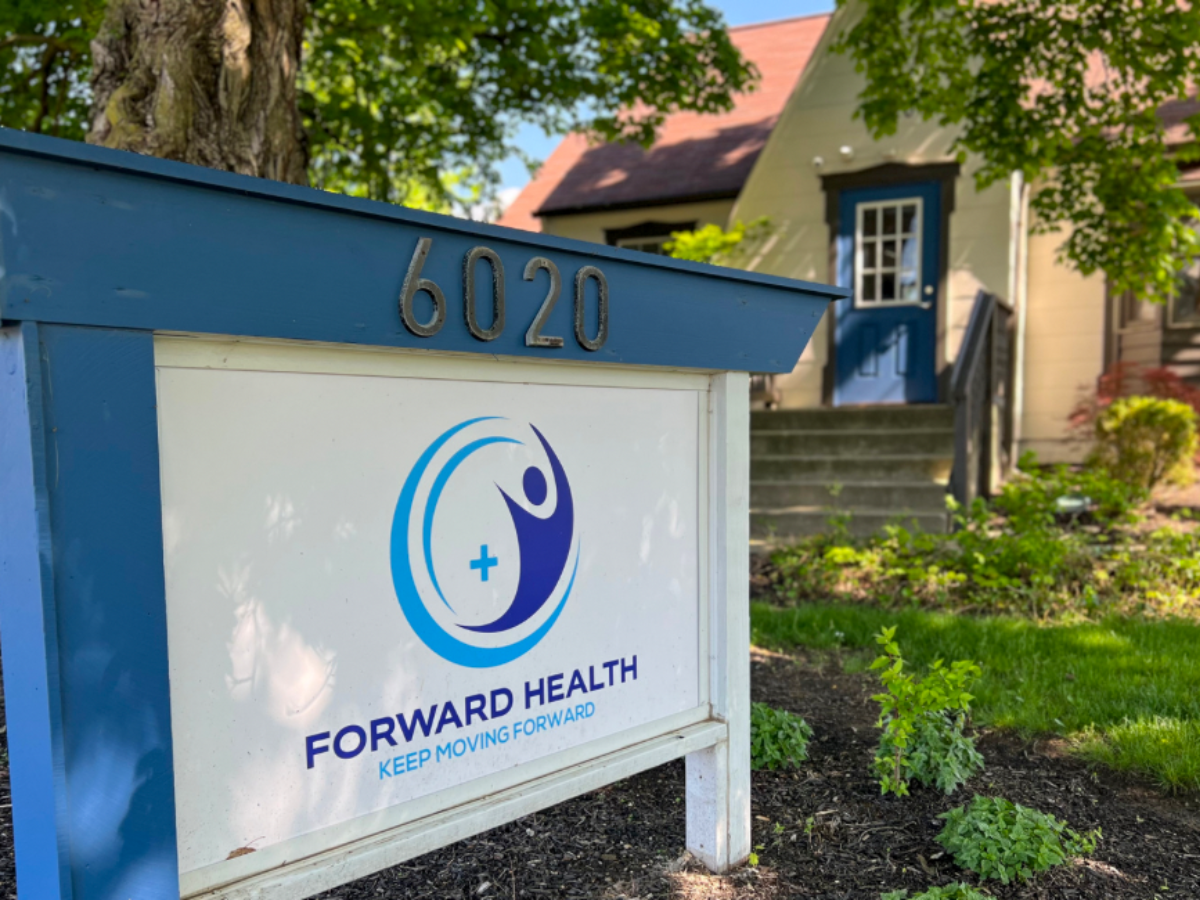
Outpatient Programs for Dual Diagnosis at Forward Health Ohio
At Forward Health, we offer comprehensive outpatient programs tailored to address dual diagnosis challenges. Our flexible options ensure you receive the support needed while managing daily life commitments.
Partial Hospitalization Program (PHP)
Our PHP provides a structured day program for clients who require intensive therapy without the need for residential treatment. Participants attend therapy most days of the week, allowing for a focused healing experience in a supportive environment. This setup promotes interactions with peers, enhancing community connections vital for recovery.
Intensive Outpatient Program (IOP)
The IOP meets 3 to 5 days each week, offering personalized clinical support while letting you live at home. This program is especially beneficial if you’ve completed detox or a residential treatment program. We focus on addressing both mental health and substance use disorders through regular therapy sessions and support, allowing you to maintain essential daily routines.
Outpatient Program (OP)
Our standard outpatient program serves as a crucial step-down or an entry-level option for individuals transitioning back to daily life. We conduct several sessions each week, providing ongoing support as you work toward maintaining long-term sobriety. The flexibility of this program accommodates your unique needs, encouraging gradual reintegration into everyday tasks.
Supportive Housing & Sober Living
We understand that some individuals may benefit from additional structured living arrangements. We can recommend supportive housing and sober living environments, ensuring you have the necessary resources and guidance as you navigate your recovery journey. This system fosters accountability and promotes a substance-free lifestyle while you continue treatment.
By participating in any of these outpatient programs for dual diagnosis at Forward Health Ohio, you’ll take significant steps towards achieving lasting recovery. For more details on our offerings, check out our Programs page.
Integrated Therapies and Services at Forward Health
At Forward Health, we provide a comprehensive array of integrated therapies and services, specifically designed to support individuals facing dual diagnosis challenges. Our multifaceted approach ensures that both mental health and substance use disorders receive effective treatment concurrently, enhancing your chances for a successful recovery.
Medication-Assisted Treatment (MAT)
Medication-Assisted Treatment (MAT) offers medical interventions to help you manage withdrawal symptoms and cravings during recovery. This evidence-based approach combines medication with counseling and behavioral therapies, promoting stability and enhancing your recovery process.
Group Therapy
Group therapy serves as a vital component of our treatment programs, providing peer support and shared experiences. Engaging with others who understand your journey fosters camaraderie and accountability, allowing you to gain insights and build connections that strengthen your recovery.
Holistic Therapies
Holistic therapies focus on your entire well-being. We incorporate practices such as yoga, meditation, and fitness to promote mindfulness and alleviate stress. These approaches facilitate emotional healing and contribute to your overall health, encouraging a balanced lifestyle as you move forward in recovery.
Cognitive Behavioral Therapy (CBT)
Cognitive Behavioral Therapy (CBT) addresses negative thought patterns and behaviors that can contribute to substance use and mental health challenges. Through CBT, you’ll learn practical skills to replace unhealthy thoughts with positive, constructive ways of thinking, which supports your long-term goals of sobriety and mental wellness.
Dialectical Behavior Therapy (DBT)
Dialectical Behavior Therapy (DBT) is focused on emotional regulation and improving interpersonal relationships. This therapy teaches you effective coping strategies to manage intense emotions and situations, creating healthier responses that can significantly enhance your interactions and personal relationships.
Our commitment to using integrated therapies ensures a balanced and effective treatment experience at Forward Health. We encourage you to explore these therapeutic options as part of your journey toward lasting recovery. For more information on our services, reach out to us today.

Why Choose Forward Health for Co-Occurring Disorders Treatment in Columbus, OH
Choosing Forward Health for dual diagnosis treatment means selecting a compassionate facility that understands the complex nature of co-occurring disorders. We emphasize personalized care through a range of unique benefits:
- Lived Experience of Staff: Our team consists of professionals who have firsthand experience with recovery. This creates an empathetic environment where you can feel understood and supported.
- Local Economic Partnerships: We collaborate with local organizations to provide job support. These partnerships help you build a stable foundation for your recovery and future.
- Insurance Acceptance: We accept most major insurances and Ohio Medicaid. This broad acceptance reduces financial barriers and allows you to focus on your healing.
- Real Success Stories: Countless individuals have transformed their lives through our programs. Their stories illustrate real recovery, showcasing that change is possible.
You don’t have to see the whole staircase, just take the first step. Contact us today to explore how we can support your recovery journey from co-occurring disorders.
Frequently Asked Questions
What is dual diagnosis?
Dual diagnosis, or co-occurring disorders, refers to the simultaneous presence of a mental health disorder and a substance use disorder. It complicates recovery because symptoms of one condition can exacerbate the other, making it essential to treat both simultaneously for effective recovery.
Why is integrated care important for dual diagnosis?
Integrated care is crucial for dual diagnosis because it ensures that both mental health and substance use disorders receive equal attention. This collaborative approach fosters better treatment outcomes and improves recovery rates, as untreated issues can worsen overall conditions.
What treatment options does Forward Health Ohio offer?
Forward Health Ohio provides various outpatient programs, including Partial Hospitalization Program (PHP), Intensive Outpatient Program (IOP), and standard Outpatient Program (OP). They also offer supportive housing and sober living options to assist individuals in their recovery journey.
How can I recognize the signs of co-occurring disorders?
Signs of co-occurring disorders may include behavioral changes, mood swings, anxiety, weight fluctuations, and disrupted sleep patterns. Recognizing these signs early is crucial for seeking timely help, which can significantly enhance recovery chances.
What therapies are used in dual diagnosis treatment at Forward Health Ohio?
Forward Health Ohio employs comprehensive therapies, including Medication-Assisted Treatment (MAT), Cognitive Behavioral Therapy (CBT), Dialectical Behavior Therapy (DBT), group therapy, and holistic approaches like yoga and meditation, to address the unique challenges of dual diagnosis.
How does Forward Health Ohio support long-term recovery?
Forward Health Ohio supports long-term recovery by providing personalized treatment plans, a team with lived recovery experience, community reintegration programs, and essential life skills training. Their approach emphasizes connection and support from professionals and peers throughout the recovery process.
